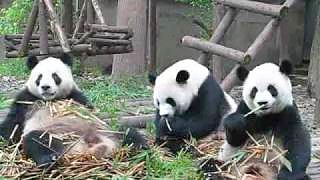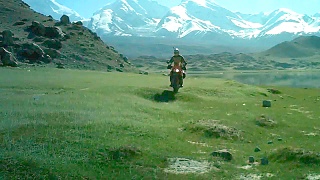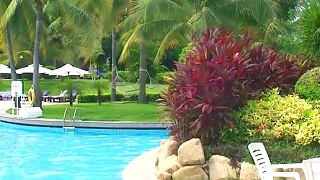Related Videos
Featured Videos

|

|
Pandas doing their favorite thing - eating bamboo :)
Filmed at the Chengdu Panda Research Center, ChengDu, SiChuan province, in 2008.
The smaller Red Panda :
|

|
Join Trevor James, the 'Food Ranger', on an epic culinary journey ...
|

|
From the Himalayas to the Gobi Desert ...
|

|
With Wild Girl ...
|

|
Filmed in 2007
|

|
With ClaireTrips ...
|

|
With Fly Over China ...
|

|
With Anya Parampil ...
With Max Blumenthal ...
With Roger Waters ...
|
 NanNing drive, GuangXi province
NanNing drive, GuangXi province



